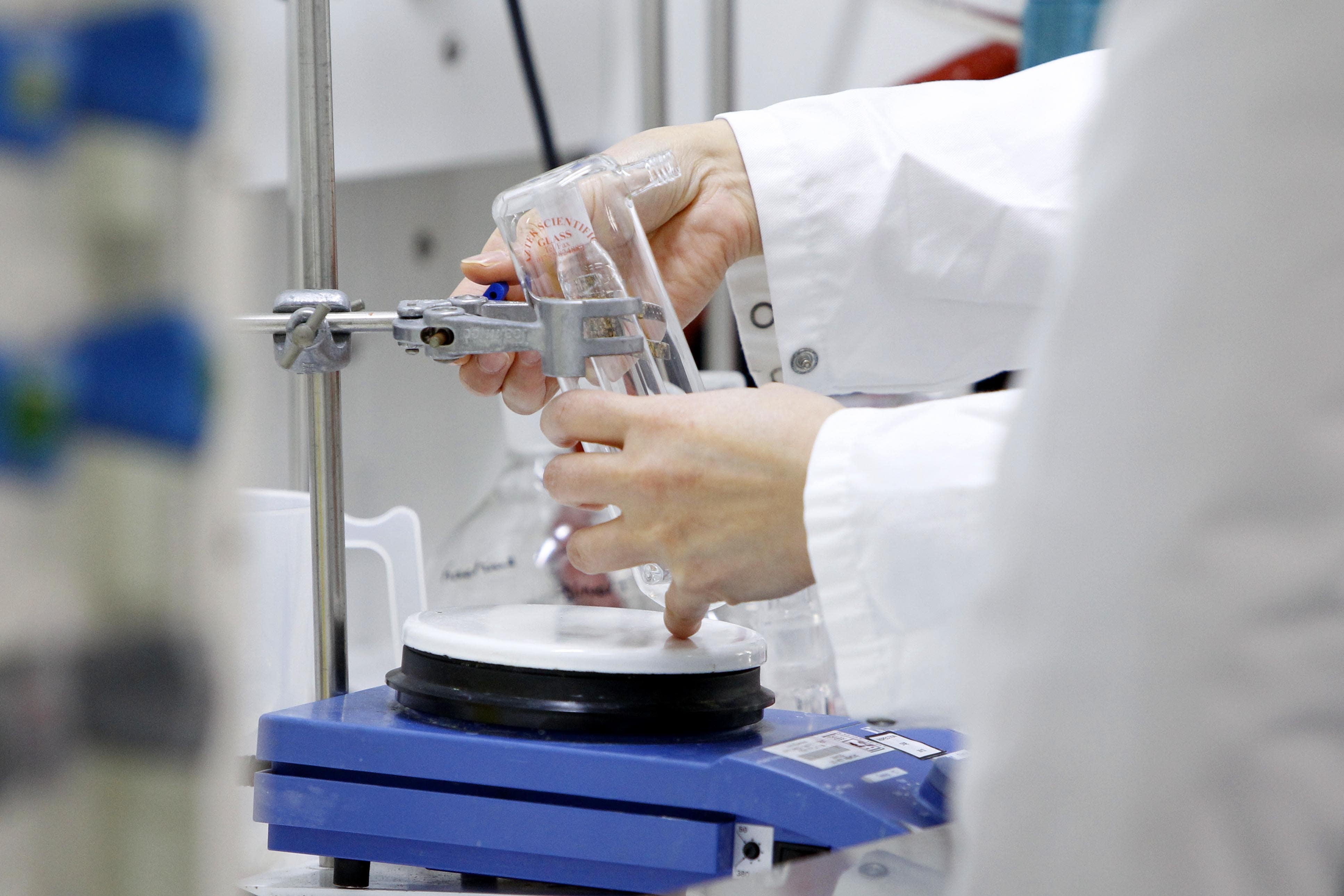Groundbreaking new study aims to find cure for Parkinson’s disease
Parkinson’s is the fastest growing neurological condition in the world and affects around 153,000 people in the UK

Your support helps us to tell the story
From reproductive rights to climate change to Big Tech, The Independent is on the ground when the story is developing. Whether it's investigating the financials of Elon Musk's pro-Trump PAC or producing our latest documentary, 'The A Word', which shines a light on the American women fighting for reproductive rights, we know how important it is to parse out the facts from the messaging.
At such a critical moment in US history, we need reporters on the ground. Your donation allows us to keep sending journalists to speak to both sides of the story.
The Independent is trusted by Americans across the entire political spectrum. And unlike many other quality news outlets, we choose not to lock Americans out of our reporting and analysis with paywalls. We believe quality journalism should be available to everyone, paid for by those who can afford it.
Your support makes all the difference.A groundbreaking study will investigate Parkinson’s disease in unprecedented detail, with the aim of discovering a cure for the condition.
The Landmark programme will look at what causes Parkinson’s, and what triggers the spread through the brain and then causes the sequences of symptoms.
Parkinson’s is the fastest-growing neurological condition in the world and affects around 153,000 people in the UK.
The condition is caused by a lack of dopamine in the brain and there are more than 40 symptoms, from tremor and pain to anxiety.
Treatments that can stop, reverse or prevent Parkinson’s have not yet been developed, and experts do not know how and why the condition develops.

The Landmark project will analyse hundreds of tissue samples from the Parkinson’s UK Brain Bank, in order to create a map of how genes are activated in Parkinson’s across different cell types.
Researchers hope the findings will reveal the causes of Parkinson’s and Parkinson’s dementia, why some brain cells are more vulnerable to the condition than others, and potential targets for developing new treatments.
They also hope to uncover new ways to measure the progression of the condition, and which genes or mutations in the body increase someone’s risk of developing Parkinson’s.
Professor David Dexter, director of research at Parkinson’s UK, said: “It will give us an unparalleled depth of information into what causes Parkinson’s, and what triggers the spread of the pathology through the brain and then causes the sequences of symptoms, culminating in dementia in quite a high percentage of people with Parkinson’s.
“So it will give us that unique insight into why some people develop dementia and others don’t.”
He added that for the first time, scientists will identify the causal risk genes for Parkinson’s.
By identifying the predictive biomarkers involved in Parkinson’s, we hope to speed up the eventual journey of these drugs to patients
Prof Dexter explained: “So if you know a gene that’s implicated in risk it’s far easier to actually develop therapies to stop the condition.
“So ultimately, we’re going to identify new drug targets, but we’re also going to strengthen the target validation for existing drugs that are currently in the pipeline.”
He said: “Landmark will significantly strengthen our ability to develop potential new treatments and a cure for the world’s fastest-growing neurological condition.”
Michael Johnson, professor of neurology and genomic medicine at Imperial College London and the lead investigator, said: “The Landmark project will produce state-of-the-art datasets that will enable scientists to fully understand the biological ways in which Parkinson’s takes hold and progresses in the brain.
“But alongside that, our overarching aim is to find new potential drugs that can help us tackle the condition.
“By identifying the predictive biomarkers involved in Parkinson’s, we hope to speed up the eventual journey of these drugs to patients.”
The three-year research programme brings together Parkinson’s UK, Imperial College London, GSK, Novartis, Roche and UCB for the first time, and has been made possible by a founding gift of £4 million from the Gatsby Charitable Foundation.
Join our commenting forum
Join thought-provoking conversations, follow other Independent readers and see their replies
Comments